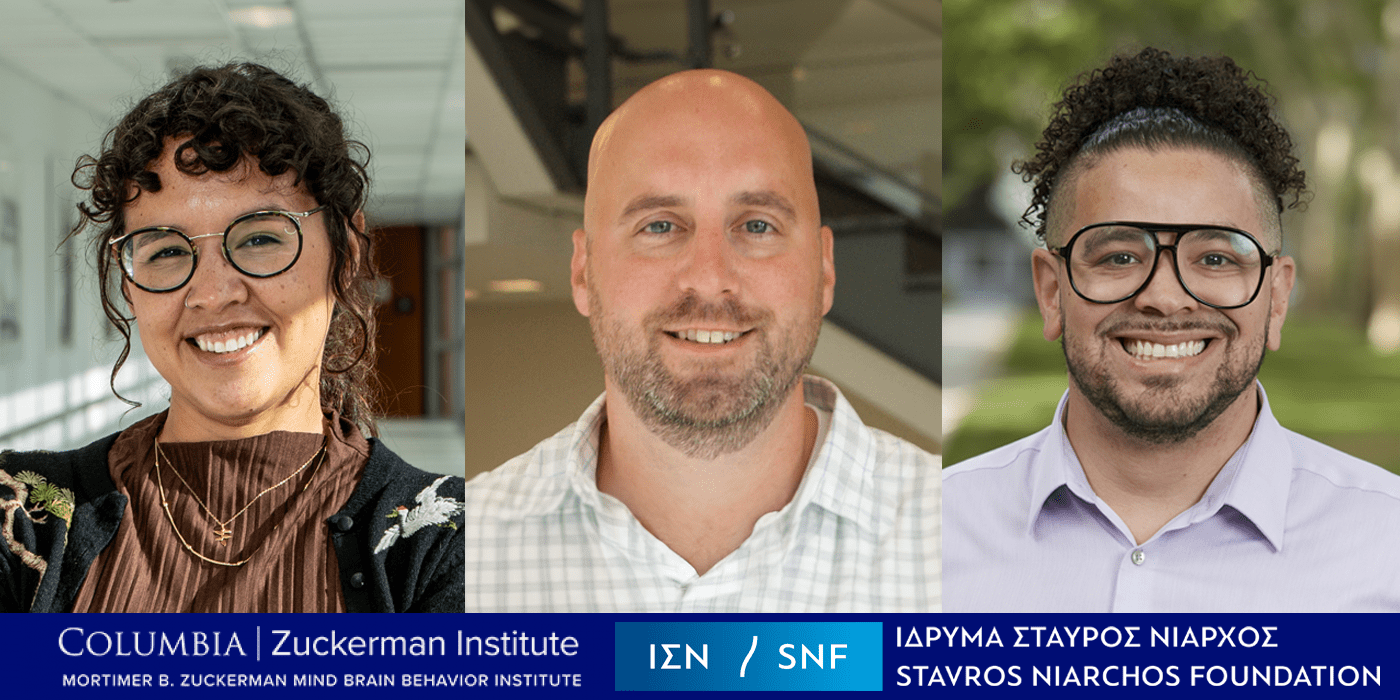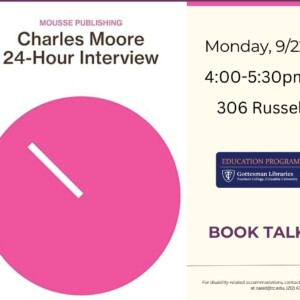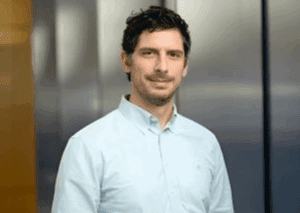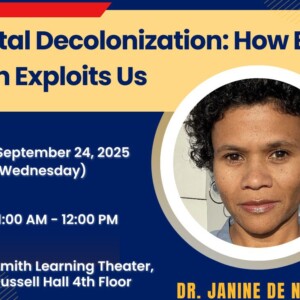
Stavros Niarchos Foundation Brain Insight Lecture
How early life shapes the developing brain
Early life is a critical time for brain development and long-term mental health. The structure of our environment during this period, from before birth through the first years of childhood, has the power to transform how the brain grows and behaviors emerge. What happens to brain development when that environment is disrupted by stress, insufficient sleep, and fragmented care? How can we promote resilience during this key neurodevelopmental stage? In this event, three experts bring together perspectives combining neuroscience, psychology, and clinical approaches to discuss the trajectory of brain development in early life.
September 9th, 6:30 pm – 7:45 pm at the Jerome L. Greene Science Center (Kavli Auditorium, 9th floor Lecture Hall)




